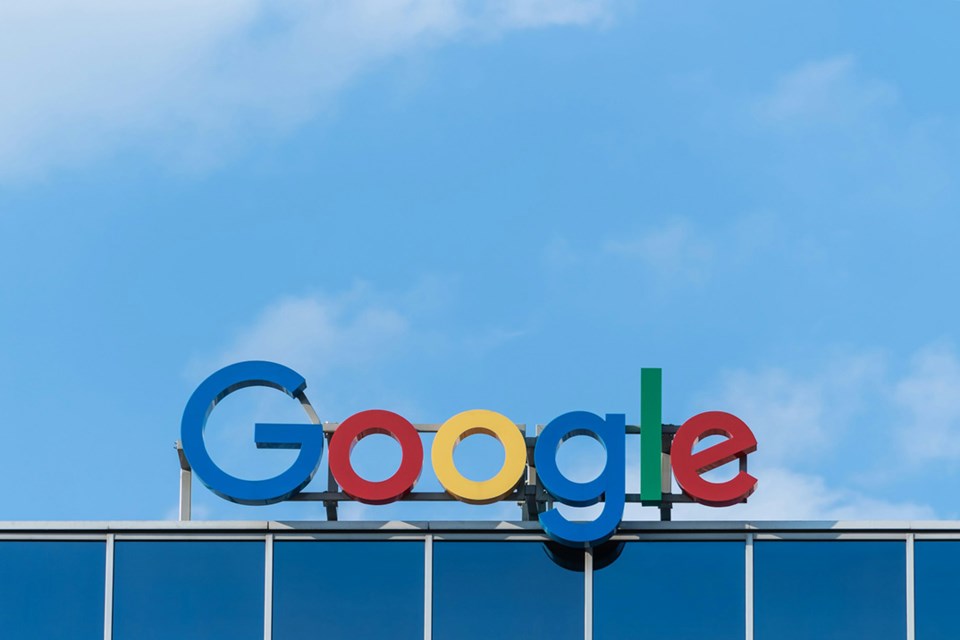We are one step closer to practical quantum computing. This is a very big deal, and it's worth a minute or two to understand what Google has accomplished and how (and when) it may exert an influence on how we spend our days.
Google Quantum AI has introduced , a cutting-edge quantum chip designed to address two of the field's most significant challenges: error correction and computational scalability. Willow, fabricated in Google’s Santa Barbara facility, achieves state-of-the-art performance, marking a pivotal step toward realizing a large-scale, commercially viable quantum computer.
It gets way geekier from here – but if you're with me so far…
Exponential Error Reduction
Julian Kelly, Director of Quantum Hardware at Google, emphasized Willow’s ability to exponentially reduce errors as the system scales. Utilizing a grid of superconducting qubits, Willow demonstrated a historic breakthrough in quantum error correction. By expanding arrays from 3x3 to 5x5 and then 7x7 qubits, researchers cut error rates in half with each iteration.
This achievement, referred to as being “below threshold,” signifies that larger quantum systems can now exhibit fewer errors, a challenge pursued since Peter Shor introduced quantum error correction in 1995. The chip also achieved "beyond breakeven" performance, where arrays of qubits outperformed the lifetimes of individual qubits, which is key to ensuring the feasibility of practical quantum computations.
Ten Septillion Years in Five Minutes
Willow’s computational capabilities were validated using the Random Circuit Sampling (RCS) benchmark, a rigorous test of quantum supremacy. According to Google’s estimates, Willow completed a task in under five minutes that would take a modern supercomputer ten septillion years—a timescale exceeding the age of the universe. This achievement underscores the rapid, double-exponential performance improvements of quantum systems over classical alternatives.
While the RCS benchmark lacks direct commercial applications, it remains a critical indicator of quantum computational power. Kelly noted that surpassing classical systems on this benchmark solidifies confidence in the broader potential of quantum technology.
Building Toward Practical Applications
Google’s roadmap aims to bridge the gap between theoretical quantum advantage and real-world utility. The team is now focused on achieving "useful, beyond-classical" computations that solve practical problems. Applications in drug discovery, battery design, and AI optimization are among the potential breakthroughs quantum computing could unlock.
Willow's advancements in quantum error correction and computational scalability highlight its transformative potential. As Kelly explained, “Quantum algorithms have fundamental scaling laws on their side,” making quantum computing indispensable for tasks beyond the reach of classical systems.
Quantum computing is still years away, but this is an exciting milestone. Considering the remarkable rate of technological improvement we're experiencing right now, practical quantum computing (and quantum AI) may be closer than we think.
As always your thoughts and comments are both welcome and encouraged. Just reply to this email. -s
P.S. We have one CES executive briefing/floor tour slot left (on Thursday, Jan. 9). It's the most efficient way to get your team to experience the action on the CES show floor. Just reply to this email to learn more. Also, it's time to to the Shelly Palmer Innovation Series Breakfast on Wednesday, Jan 8.
About Shelly Palmer
Shelly Palmer is the Professor of Advanced Media in Residence at Syracuse University’s S.I. Newhouse School of Public Communications and CEO of The Palmer Group, a consulting practice that helps Fortune 500 companies with technology, media and marketing. Named he covers tech and business for , is a regular commentator on CNN and writes a popular . He's a , and the creator of the popular, free online course, . Follow or visit .




